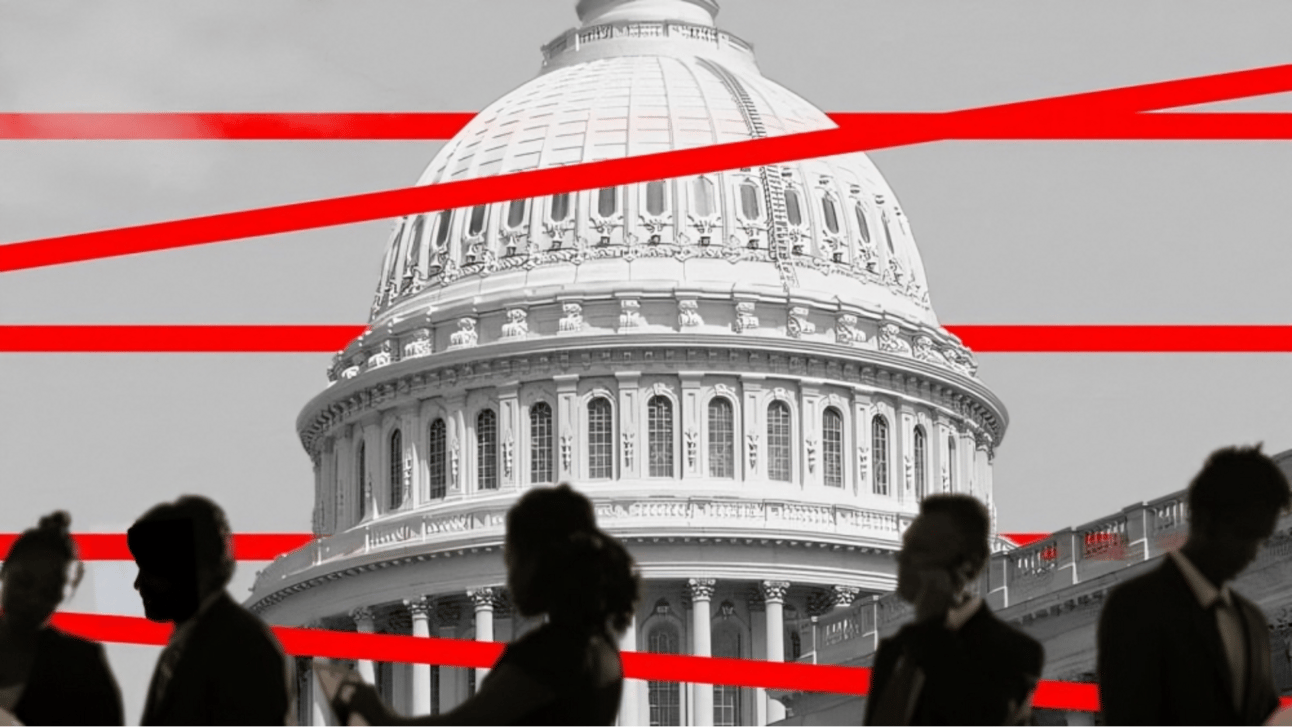Noncompetes are sticking around
The FTC's proposed ban on noncompete agreements was blocked by a judge

Image: Reason Magazine
A Texas judge on Tuesday blocked a ban on noncompete agreements, which was set to take effect on September 4.
Background: In April, the Federal Trade Commission (FTC) announced a rule banning U.S. businesses from issuing noncompete agreements to employees and invalidating existing ones.
-
The logic: The FTC argued that noncompetes prevent workers from taking new jobs and starting new businesses, estimating that the ban would lead to 8,500 additional businesses forming annually.
-
Hours after the announcement, the U.S. Chamber of Commerce sued the FTC.
-
“If the FTC can regulate noncompete agreements, then they can decide to regulate or even ban any other business practice,” the Chamber stated.
The big picture: An estimated 30 million American workers are currently bound by noncompetes.
What’s happening: On Tuesday evening, Judge Ada Brown sided with the Chamber of Commerce, blocking the ban.
-
She noted the FTC lacks the authority to enact it and described the ban as “unreasonably overbroad without a reasonable explanation.”
-
“This decision is a significant win in the Chamber’s fight against government micromanagement of business decisions,” said Chamber of Commerce CEO Suzanne Clark.
Looking ahead: The FTC is considering an appeal, according to spokesperson Victoria Graham.
-
“[T]oday’s decision does not prevent the FTC from addressing noncompetes through case-by-case enforcement actions,” she added.
📬 Get our stories in your inbox
Keep reading
The shifting nature of HVAC sales with Shelby Breger
A conversation about emerging technologies, including LiDAR and augmented reality, how the sales process is changing, and more
Goettl, SmartAC.com collaborate to juice up membership offerings
September 11, 2023
Recovered refrigerants can be a money-maker for contractors
November 13, 2023


